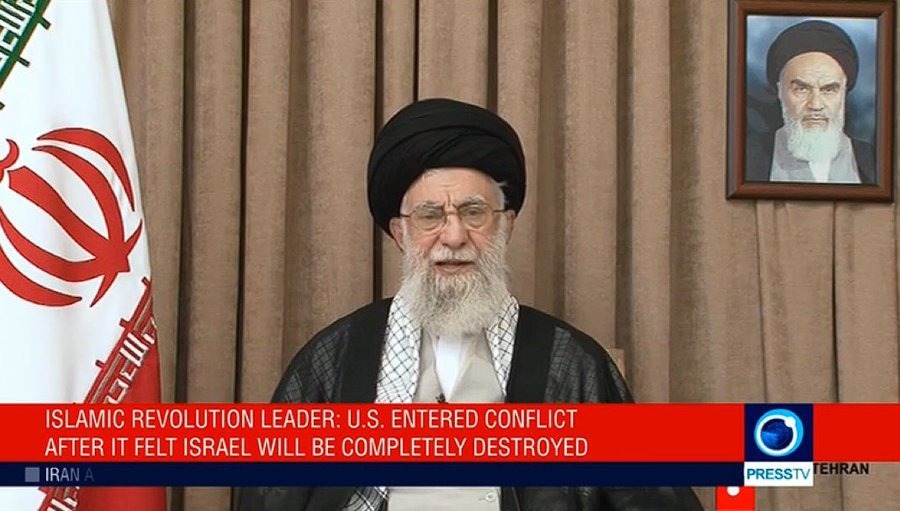The Islamic Republic of Iran is showing signs of imminent collapse, according to a new report from the UK-based Henry Jackson Society, raising alarm among policymakers that the fall of the regime could spark civil war and intensify global instability.
The report’s release comes as the United Nations accused Tehran of executing nearly 900 people in 2025 alone, describing the campaign as a deliberate “tool of intimidation” by authorities clinging to power. The think tank warns that mass executions underscore the regime’s weakening grip, and that the crisis could tip into violent fragmentation without a coordinated transition plan.
“This is an outcome that must be avoided at all costs for the Iranian people, and every step must therefore be made to ensure that any transition is quick and painless,” the report said.
The findings emphasize that despite sustained military setbacks—including joint U.S. and Israeli strikes on Iranian nuclear facilities in June—the regime remains committed to its revolutionary ideology. That includes efforts to reconstitute its nuclear program and its policy of exporting terrorism regionally and abroad.
Those strikes, which destroyed infrastructure and killed top Iranian leaders, “set back the regime,” the report found, but “have not eliminated the strategic and security threats posed by the regime.”
The analysis highlights Iran’s domestic opposition as “culturally liberal and yearning for freedom,” but warns that the government’s ability to co-opt and suppress dissent creates volatility. Economic discontent and cultural resistance, it said, are converging into a combustible political environment.
“This offers a greater prospect of galvanizing the Iranian opposition if there is a plan for the day after as opposed to a vacuum of governance,” the report said. “And in so doing, it contains the best prescription for both resolving the threat the Iranian regime poses to the international community, and to its own people.”
At the center of the crisis stands Supreme Leader Ayatollah Ali Khamenei, whose leadership has become synonymous with resistance to reform and a commitment to the 1979 Islamic Revolution. The report argues that as long as the clerical elite continues to repress dissent while advancing nuclear ambitions, the regime will remain both fragile at home and dangerous abroad.
(YWN World Headquarters – NYC)












2 Responses
If you follow the open source intel guys, you will see that there has been quite a bit of anti regime activity in Iran since the 12-day war ended.
Not to mention the massive water shortage plaguing the minority provinces.
#FreePersia
clearly, the best strategy for iranians, and for the rest of the world, is regime change. but this bout of wishful thinking, wrapped in fuzzy equivocation, isn’t going to do it.